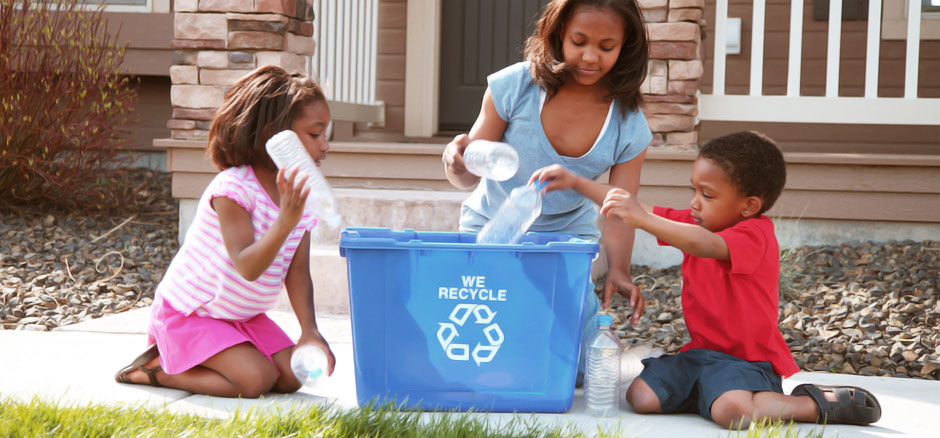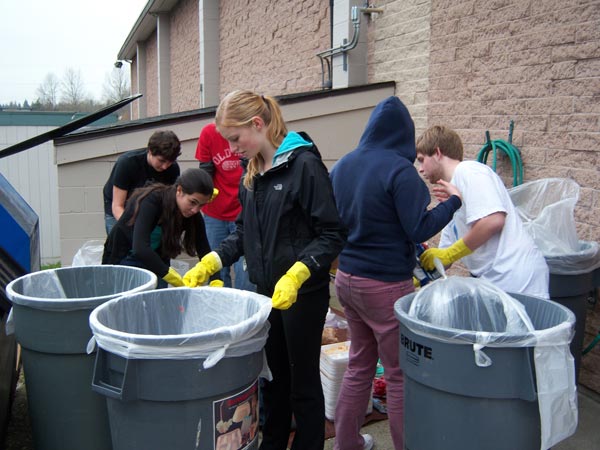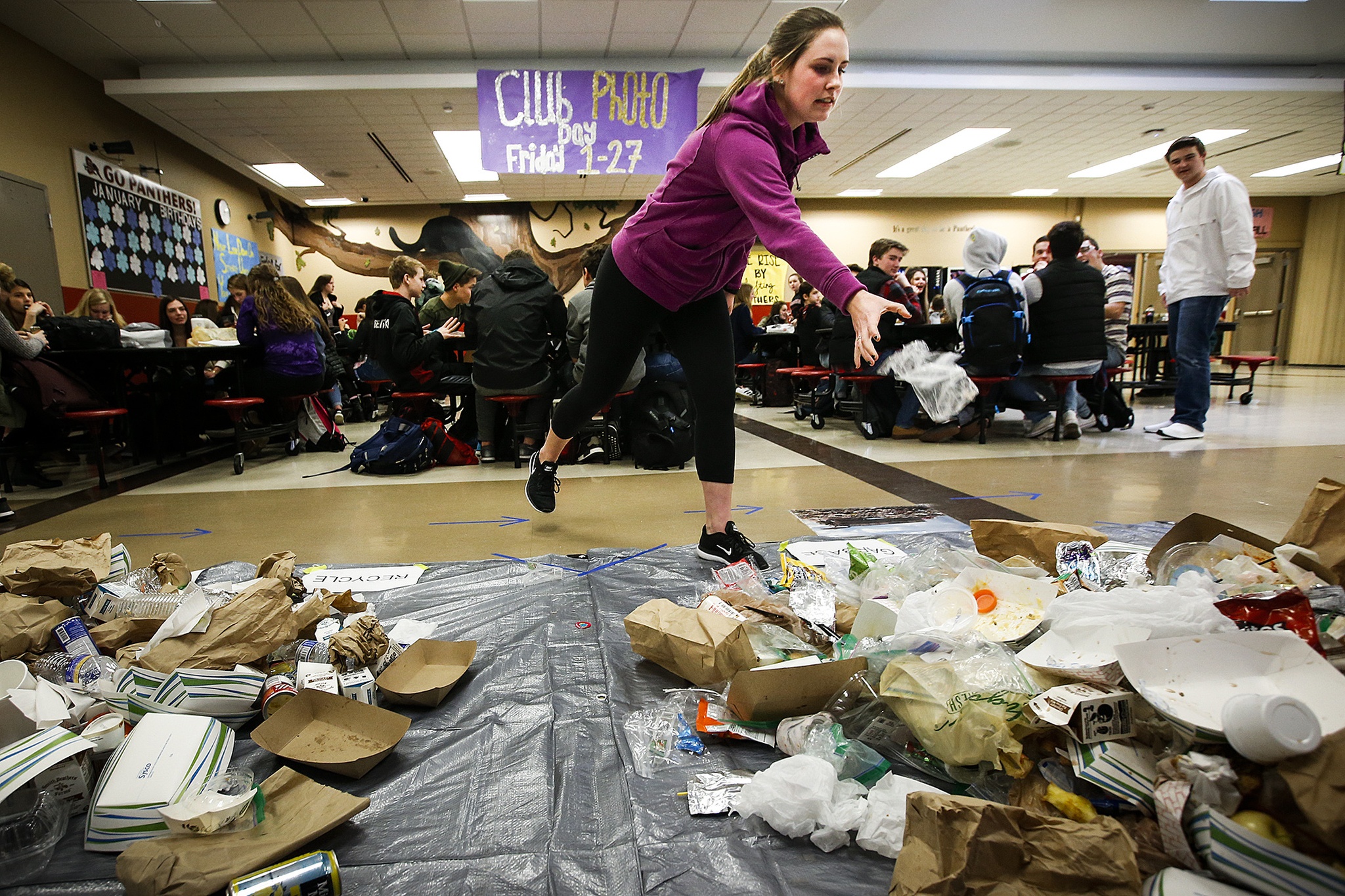Tips For Elementary Level Students
1. Create A Classroom Level Audit For Waste
All primary school students have to eat their lunch in classrooms. Thus, each class should have its own sets of dustbins.
At this age, children will learn more about the importance of recycling waste product. School level Waste Audit program will help them to understand how effectively they can manage the waste and why it is really important.
At the end of the day, ask some question from your students. Ask them to identify what they are tossing, where they are tossing, and where certain items should be tossed.
Conduct some sessions for group discussions with your students and tell them the importance of recycling, discuss their learning, and briefly explain the motive of this waste Audit and also let them think about new ideas for brainstorming.
2. Make Your Students Happily Doing Recycling
Don’t let your students get bored with your sessions. Make the recycling education program effective and exciting one. You can use various resources and tools to educated your students in a fun way.
There are different tools that teachers or parents can use to fill the children with a passion for preserving our environment and start using reusable material.
Animated movies, with a message for preserving our green environment comic books, certificated are the ideal examples for teaching students with fun.

3. Conduct The Competition Among Students
Most the schools usually conduct school cleaning campaigns once in every week. Take this process to another level by making it a competition for your students.
Divide the class into two teams and ask them to spend a few hours cleaning the schoolyard and picking up litter. After this sort the waste into different bins as per the recycling ability.
At the end of the month, announce awards for winning team. This will encourage all the students to keep their clean and green.
4. Design Different Graphics For Bins
This will be an interesting task for the students. They will come up with different ideas and these graphics will help them to easily identify which waste will go in what stream.
Tips For High School Students
1. Start Eco Clubs For Students
Encourage your students to start Eco clubs and conduct some School Recycling Programs. These clubs will drive the sense of promoting a sustainable environment among all high school students.
Recycling programs or events conducted by the stakeholder of Eco-club will help in supporting waste diversion and sustainability.

Regular motivation in speaking assemblies can help the owners of Eco-club to motivate their fellow classmates to participate in the sustainability programs.
A successful example of a School Recycling Program
Recently in Sydney a local Rubbish Removal Company Conducted a program in James Ruse Agricultural High School, Whose motive was to eliminate the confusion among what is compo-stable, recyclable and so on.
Tips For University Students
1. Create Enticing Graphics For Bins
From some recent studies, it has been concluded that the addition of graphics on bins can increase the waste diversion rate. Therefore, it is suggested to use some incorporating images into your bin signage.
Different styles of bins have the ability to create great impacts on university or college students and can encourage them to waste recycling and protect the environment.
This is just an idea for customizing your stream graphics and encourages students for effective participation in the recycling program.

2. Message To Keep Reminding
Don’t let your students forget about recycling. Write Appealing messages on walls or table of the cafeteria. Statements like “Don’t forget to recycle” or “Keep your environment green” will work strong reminders for your students.
Messages in the cafeteria will encourage clearing their trays and tossing their waste in the correct stream.
3. Distribute Rewards For recycling
The incentive program is an interesting idea to include more and more students in a waste recycling program. Students love things that are free of cost, and college campus’ hold events on an almost day-to-day basis.
Thus, the rewards system will definitely encourage them to recycle. Different college can use a different rewards system and can be implemented in different aspects of your recycling program. You can reward them with either food or money; both are university student’s heart. Choose any medium as per your recycling program convenience.
5. Include New Teachers And Teachers In Recycling Programs
As every year new students and teacher will join the college or university. Make efforts to engage new students, lecturers, and professors from different regions and backgrounds to indulge in your recycling programs.
More the people are included more the chances that you attain your goal. On their first day, tell them what’s recyclable, where are indoor and outdoor recycling bins?
In addition to this, also tell them about your campus diversion rate goals are. This first-day session of discussion will let them know how to recycle waste in an effective manner.

